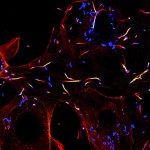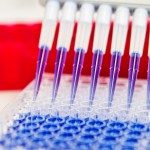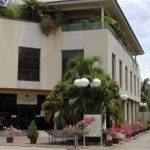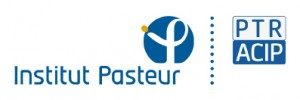Présentation
Dengue is caused by dengue virus (DENV), a virus which can be transmitted by Aedes mosquitos. Half of the world’s population live in areas where the mosquito and the virus are circulating. Infection by the virus causes 100 million of clinical dengue cases, including half a million hospitalizations and 22.000 deaths, mainly among children, each year. Currently, there is no treatment and there is one licensed vaccine available on the market, albeit has major drawbacks regarding both safety and efficacy. Vaccine development for the prevention of dengue infection is challenging because there are 4 different serotypes of dengue and an individual can be infected consecutively with different serotypes. Infection by one serotype can prone the individuals to more severe disease due to a mismatch between the immune response and the virus. This leads to an aberrant and exacerbated immune response which in the end results in clinical symptoms of ranging severity. The mechanistic understanding of this phenomenon and insight on how to avoid it and re-direct the immune response is essential for the development of effective vaccines. In current research project, we aim to decipher the humoral immune response in a unique cohort of dengue-infected individuals : with a cluster investigation approach we have identified a set of Cambodian childeren that are undergoing acute DENV-infection but are completely healthy before and during a 10-day follow up period. This longitudinal patient cohort provides us with a unique opportunity to study the immune responses initiated after dengue infection that provide protection from disease, but clear the virus. By using cutting-edge single cell technologies, we will compare the generation of the humoral immune response in these children to children with severe symptoms after DENV infection that require hospitalisation. In addition, we will couple antigen-specificity to antibody effector functions by investigating antibody functionality with an array of established cell based assays. The current application brings together several top Units from Institut Pasteur International Network in the field of Immunology and Virology. The proposed work will provide ground-breaking insights into host protective mechanisms during dengue virus infection. The results will establish a foundation for the development of new vaccination strategies and will identify novel correlates of protection to be used in vaccine efficacy studies.










